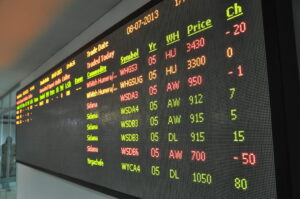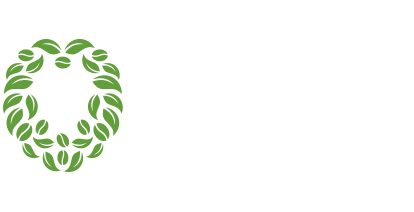
ECX
The Ethiopian Commodity Exchange (ECX), was formed in April of 2008 under Proclamation 2007-550. Its main objective is “to ensure the development of an efficient modern trading system that protects the rights and benefits of all parties involved” – that is, sellers, buyers, intermediaries and the general public.
The ECX provides a modern-day marketplace for Ethiopian commodity trading. Just like any commodity exchange you may find in North America or Europe, the ECX is comprised of a central trading system with warehouse delivery centers, product certification specialists, partnerships with commercial banks who perform the trade settling & clearing duties, an arbitration tribunal and many more. The ECX has benefited hundreds of thousands of individual Ethiopian farmers, who would never have the ability to garner a fair market price for their crop, by actually getting paid what they deserve – and this is what has made the exchange so successful since its inception.
Essentially all commodities that are cultivated in Ethiopia, are traded at the ECX. These commodities include sesame seeds, haricot beans, maize, wheat, and of course Ethiopian coffee. Trading occurs through spot contracts – a spot contract is where a buyer and seller agree to settle on a price immediately i.e. On the “spot”. Similar to the Chicago Mercantile Exchange, the ECX operates as an open outcry pit where members (buyers and sellers) communicate through the use of hand signals and vocalization.
Being the first of its kind in Ethiopia, there will always be several kinks in the process. Most notably, the issue with traceability. The Specialty coffee industry’s demand for traceability revolves around knowing exactly which farm, and the individual who owns it, grew the coffee. The ECX dilutes this traceability by purchasing the coffee from the farmers and grouping it based on each worreda (region), zone and micro zones where it was cultivated. They then further categorize the coffee by its grade/quality. Hence, the names used to market Ethiopian coffees (i.e Yirgacheffe, Harrar, Djimmah, etc.) and the grades associated (i.e Grade 1 – 5). On the flipside, this grouping of coffee by geographical location allows the buyers to ensure that their coffee is in-fact, single origin.

